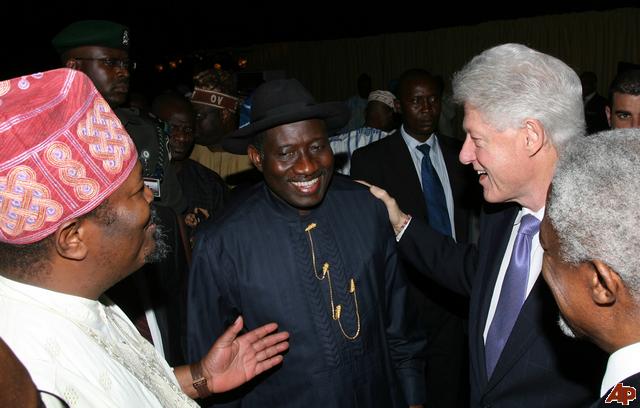When a child is naughty and you simply talk about punishment, chances are he will continue in his ways. Also when the threat of punishment is followed by insignificant punishment, then the child will continue craftily in its ways. Yet when summary punishment is unleashed, only then will the threat of misbehavior really be diminished.
The US first expressed its “disappointment” with Nigerians over the Alamieyeseigha pardon by tweeting: “the #USG (United States Government) is deeply disappointed over the recent pardons of corrupt officials by GON (Government of Nigeria).” At this point I knew it was just more of the same lip service and rhetoric that is characteristic of the Government of Yankee.
The criticisms took on a more interactive format when US State Department spokeswoman Victoria Nuland reiterated the comments at a press briefing in Washington last Friday.
She said, “We see this as a setback for the fight against corruption and also for our ability to play the strong role we’ve played in supporting rule of law and legal institution building in Nigeria, which is very important for the future of the country, obviously.”
NEWSFLASH: Yankee is using us to practice tweeting.
When asked if the United States could cut off aid (Nigeria was slated to receive $660.5 million in the president’s 2012 budget), Nuland didn’t rule it out.
She said, “We have made clear to the Nigerians that this puts a question mark on the kinds of work that we’ve been trying to do with them,” she said. “We haven’t yet taken the kinds of steps that you’re suggesting, but we’re continuing to look at what’s appropriate.”
More than lip service, the US needs to stiffen sanctions to Nigeria if it expects its Corruption rhetoric to have a lasting effect on the positive growth of the country.
Fact is sanctions just need to get tougher. Nigeria will earn over $50 billion from oil revenue alone in 2013. $660 million in aid is chicken feed. US investors pour that much into equity, money market and long term debt securities in Nigeria on a routine basis.
The US would do one better by enforcing regulation which makes it more difficult for Nigerian government officials to launder money in the European and American countries. It has the power to do this. The US government also has the power to put in place regulation that will prevent oil companies like Shell and Eni from paying corrupt ex-convicts like Dan Etete, a billion dollars for misappropriated Nigerian State assets like Oil blocs.
The State Department can really add more fire to its rhetoric and take more practical approaches as against, say tweeting or updating their Facebook status about how displeased they are with the principals of power prostituting our economic resources.
More grease to their elbows.




 Premier League
Premier League